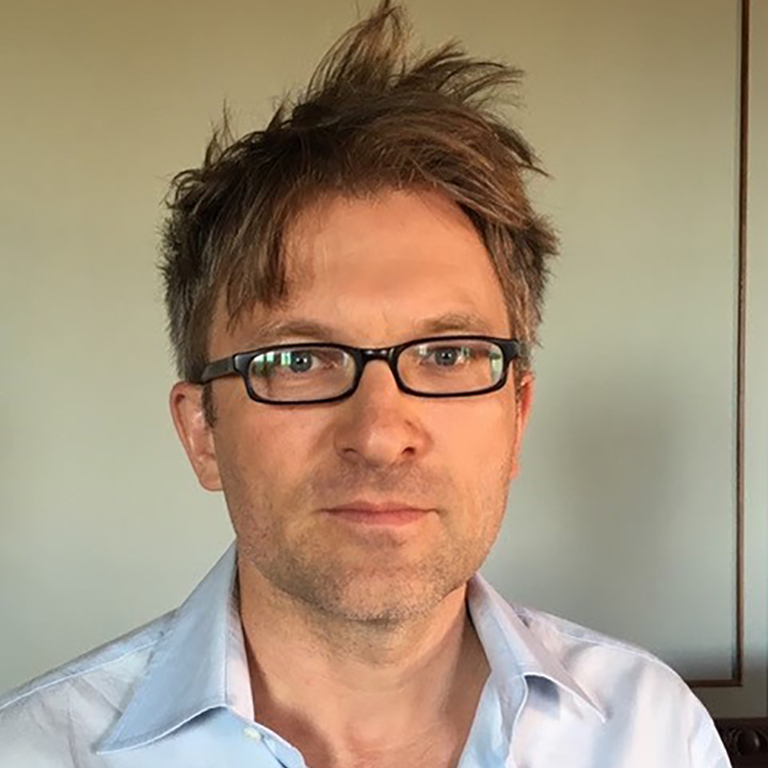- Ph.D., Freie Universitat, Berlin

Johannes Türk
Associate Professor, Comparative Literature
Associate Professor, Germanic Studies
Director, Institute of German Studies

Associate Professor, Comparative Literature
Associate Professor, Germanic Studies
Director, Institute of German Studies
Johannes Türk holds appointments in the Departments of Comparative Literature and Germanic Studies. His research explores the intersection of literature, knowledge history, and philosophy. He also has a strong investment in psychoanalysis and in aesthetic theory. His work aims to understand the representations enabling human experience at the moment at which metaphysical certainties give way to the foundational openness associated with the contemporary world. He has studied at Freie Universität Berlin, Paris Vincennes-St. Denis, and Yale University. His book on immunity and literature, Die Immunität der Literatur, is concerned with the formation of immunological knowledge from Roman law to the biomedical sciences and its literary and cultural reflection showing that immunity is an important language in which literature has defined its place in human experience. Literature immunizes against disintegrating events. He has published on authors ranging from Dante, Freud, Goethe, Kafka, Kleist, Thomas Mann, Montaigne, Proust, Schiller, Stifter, and Carl Schmitt to Thucydides. Although he also researches other literary genres such as drama, his major interest lies in the novel as a form that shapes modern life. He is currently working on two book projects: homo immunis examines exemption as a gesture defining sovereignty and its iconography from Greek antiquity to the twentieth century. The second project investigates the relationship between legitimization and affect. In this project, insult as a resource for affects such as wrath and resentment plays a central role. He teaches a wide range of courses ranging from accident, catastrophe and trauma in literature and film to the theory and history of the novel, nostos and nostalgia in the European literary tradition, temporality in knowledge history and in the novel, eighteenth-century literature and thought, theatricality, as well as on literary theory.